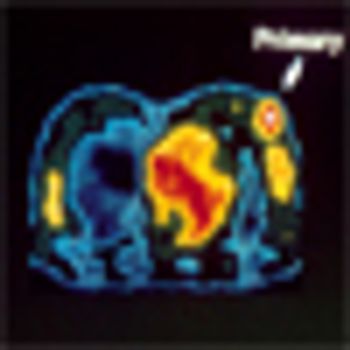
- Psychiatric Times Vol 18 No 11
- Volume 18
- Issue 11
Cautious Wake-Up Call for Bioterrorism
Given the recent anthrax scares, it is important for psychiatrists to be on the alert. However, this should be balanced with the realization that life must continue as normal as possible.
With the recent terrorist attacks on New York City and Washington, D.C., it appears as though the nation is on edge for further occurrences, including the use of biological weapons.
While it is necessary to be vigilant for future attacks, according to Carol North, M.D., professor of psychiatry at Washington University School of Medicine in St. Louis, it is also important to do so without encouraging panic in others. North, who has specialized in studying bioterrorism, stressed in an interview with Psychiatric Times that people may have various responses.
She said, "There will be different responses in different people, ranging from logical to excitable, even for psychiatrists, because we are also human. It is very important to use common sense and be a good role model for patients."
Robert J. Ursano, M.D., professor and chair of the department of psychiatry at Uniformed Services University of the Health Sciences in Bethesda, Md., agreed with North on the necessity for balancing awareness and common sense. Ursano, who has also studied the psychiatric effects of trauma and disaster, told PT, "Psychiatrists need to be able to educate their patients, colleagues and community leaders in the accurate assessment of risk, the normal anxiety and hypervigilance that accompanies serious threat that is of a low probability for any one group, and how to assist families and children in managing feelings of altered safety that may have come since the Sept. 11 event."
One key to helping people deal with anxiety is understanding how the recent anthrax cases in Florida and elsewhere differ from a real bioterrorist attack. North, who stressed that the Florida cases were all contained in a single location and not contagious, said, "Unlike smallpox, the only way to get anthrax poisoning is through contact with the contagion itself. Furthermore, anthrax poisoning is easy to diagnose and treat." She added that she is not aware of any mass hysteria outbreaks in Florida as a result of the cases.
Despite this, Ursano still feels that the threat of bioterrorism is valid. He stated, "Bioterrorism remains of significant concern and, as has been again demonstrated with recent events, [there are a] large number of people who may be worried about exposure when none has occurred. The issues of behavioral and psychiatric responses to bioterrorism are among the most important to be dealt with if our public health system is to be able to function."
Part of helping the public health system contend with the threat of bioterrorism is having reliable research available. North stressed this importance, "Right now, we don't have much good data on bioterrorism. We have to extrapolate and anticipate from what we have available." (For more information on the threat of bioterrorism, please see the cover story in the July issue of Psychiatric Times
Articles in this issue
over 24 years ago
Investigational Agents and Methodologies at NCDEUover 24 years ago
Naked Before Traumaover 24 years ago
A Conceptual Structure for Diagnosesover 24 years ago
There Are Only Three Kinds of Psychotherapyover 24 years ago
Psychiatrists in the Midst of the Horrorover 24 years ago
Resources for Coping With Disasterover 24 years ago
How the News Comesover 24 years ago
Executive Functions in Parents With ADHDover 24 years ago
Obsessive-Compulsive Symptoms in Schizophreniaover 24 years ago
Posttraumatic Spectrum Disorder: A Radical RevisionNewsletter
Receive trusted psychiatric news, expert analysis, and clinical insights — subscribe today to support your practice and your patients.







